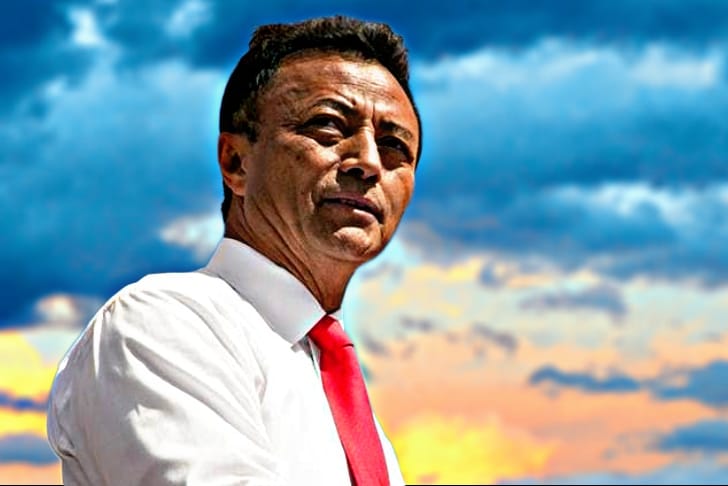Marc Ravalomanana, a prominent Malagasy entrepreneur and politician, played a pivotal role in shaping Madagascar’s political landscape during the early 21st century. Serving as the country’s president from 2002 to 2009, Marc Ravalomanana leadership was characterized by both substantial economic progress and deep political controversy. Known for his ambitious vision to modernize Madagascar’s infrastructure and improve its economy, Ravalomanana’s tenure was marked by a combination of successful reforms and tumultuous political conflicts. His presidency ended abruptly after a coup in 2009, and he spent several years in exile before returning to Madagascar in 2014 to reclaim his political influence.
This article will explore the life, leadership, and legacy of Marc Ravalomanana, examining his rise to power, his contributions to Madagascar’s economic development, the challenges he faced, and the controversies surrounding his presidency. Additionally, we will discuss his role in the broader political and economic landscape of Madagascar and his enduring influence on the island nation’s politics.
Early Life and Education of Marc Ravalomanana
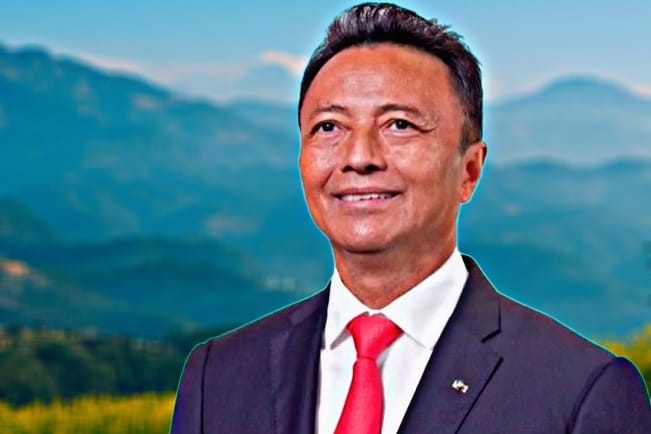
Marc Ravalomanana was born on December 12, 1949, in Imerinkasinina, a small village in Madagascar. He grew up in a modest family and faced many challenges in his early years, which shaped his determination to succeed. His parents, who were farmers, instilled in him the importance of hard work and self-reliance. This background would later influence his entrepreneurial spirit and his drive to modernize Madagascar.
Marc Ravalomanana education was primarily focused on business and economics. He attended the University of Antananarivo, Madagascar’s capital, where he studied business administration. His academic background in economics and his experiences as a young entrepreneur would later provide him with the tools he needed to navigate the complexities of running a country. It is also during this period that Marc Ravalomanana developed his passion for business, eventually founding a successful dairy company, which would serve as the foundation for his rise to prominence.
The Rise of Marc Ravalomanana: Entrepreneur to Politician
Before entering politics, Marc Ravalomanana made his fortune in the private sector. In 1990, he founded Tiko, a dairy company that quickly became one of Madagascar’s leading businesses. His entrepreneurial acumen allowed him to expand his operations beyond the dairy industry, and by the early 2000s, Tiko was one of the largest companies in the country.
Marc Ravalomanana rise in business made him a household name, and his success in the private sector eventually propelled him into the political arena. He was viewed by many as a symbol of economic success and modernity in a country that had long struggled with political instability and underdevelopment. His wealth, charisma, and vision to transform Madagascar into a more modern, prosperous nation made him a popular figure, and in 1999, he was elected Mayor of Antananarivo, the capital city.
As mayor, Marc Ravalomanana focus was on improving infrastructure, providing better services to the citizens, and enhancing the overall quality of life in Antananarivo. His leadership during this period garnered significant public support, and in 2001, he decided to take the next step in his political career by running for the presidency of Madagascar.
Marc Ravalomanana Presidential Campaign and Election
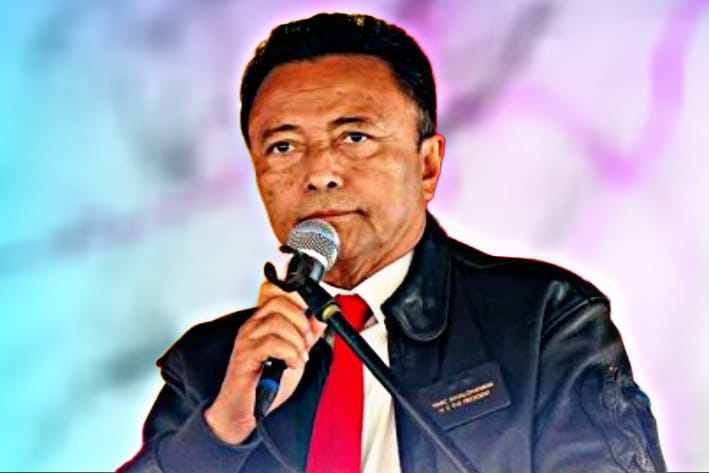
Marc Ravalomanana decision to run for president was driven by his desire to bring about sweeping changes to Madagascar’s economy and political system. His campaign was built on promises of modernization, economic growth, and improved governance. He positioned himself as an outsider who could break the political gridlock and bring fresh ideas to the country’s leadership. Marc Ravalomanana message of economic development resonated with the Malagasy population, who were frustrated with the corruption and inefficiency of previous administrations.
In December 2001, Marc Ravalomanana entered the presidential race against then-President Didier Ratsiraka, a former military leader who had been in power since the 1970s. The election was marred by political violence and disputes over the results, with both candidates claiming victory. Ultimately, after weeks of protests and a standoff between supporters of the two candidates, the international community brokered an agreement that allowed Marc Ravalomanana to take office in February 2002.
Marc Ravalomanana ascent to the presidency was not without controversy. Ratsiraka refused to relinquish power, and the situation led to violent confrontations between the supporters of the two men. However, Marc Ravalomanana determination to take control of the government and his ability to rally public support ultimately allowed him to assume office. His victory was seen as a triumph for the Malagasy people, who were eager for change after years of political instability.
Leadership as President of Madagascar: Economic Reforms and Modernization
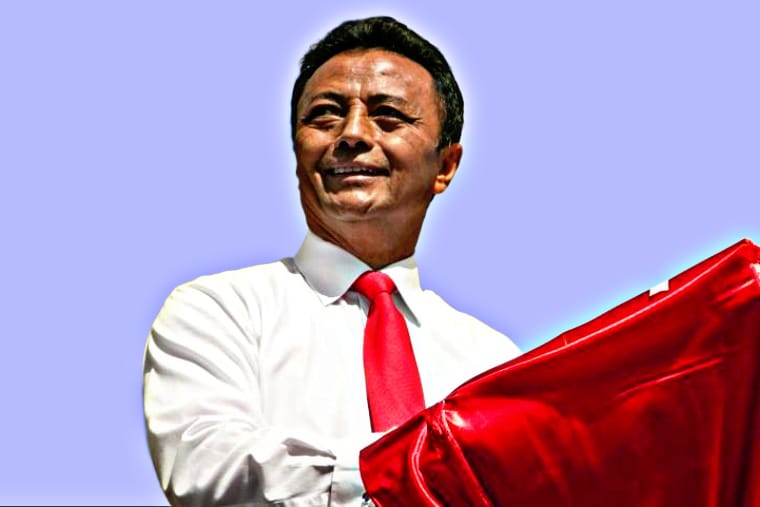
Economic Growth and Infrastructure Development
Marc Ravalomanana presidency was characterized by his focus on economic development and modernization. He sought to revitalize Madagascar’s economy, which had been stagnating under previous administrations. Marc Ravalomanana leadership was marked by ambitious infrastructure projects, including the expansion of roads, airports, and ports, as well as the development of the country’s energy sector.
One of his most notable achievements was his push to attract foreign investment and integrate Madagascar into the global economy. He worked to improve Madagascar’s business climate by reducing bureaucratic red tape, lowering taxes, and promoting entrepreneurship. These efforts were aimed at attracting international companies to invest in Madagascar and create jobs for the country’s growing population.
Marc Ravalomanana also invested heavily in agriculture, which is the backbone of Madagascar’s economy. Under his leadership, the government implemented agricultural reforms designed to boost productivity and increase the export of key commodities, such as vanilla, coffee, and spices. These initiatives helped strengthen Madagascar’s position as a key player in global markets.
Education and Health Reforms
Marc Ravalomanana also focused on improving Madagascar’s education and healthcare systems. His government increased investment in schools, built new educational institutions, and expanded access to primary education. He also sought to improve the quality of education by introducing new curricula and training programs for teachers. His policies were aimed at raising literacy rates and creating a more educated workforce to support the country’s economic transformation.
In the healthcare sector, Marc Ravalomanana government took steps to improve access to medical care, particularly in rural areas. His administration built new hospitals, expanded healthcare services, and worked to combat diseases such as malaria and tuberculosis, which had long plagued the country. These reforms were part of his broader vision to improve the quality of life for all Malagasy citizens.
Political Challenges and Controversies
While Marc Ravalomanana economic policies were largely praised, his presidency was not without its political challenges. His centralized approach to governance and his growing concentration of power led to criticism from opposition parties and civil society groups. Marc Ravalomanana was accused of undermining democratic institutions and stifling political dissent. His government was also accused of corruption, with opponents alleging that he used his business empire to enrich himself and his allies.
His leadership style became increasingly authoritarian as he sought to consolidate power and suppress opposition. In 2007, Ravalomanana amended the constitution to allow himself to serve a second term, and he faced growing resistance from political rivals who argued that his presidency was becoming increasingly undemocratic.
The 2009 Crisis and Ravalomanana’s Downfall
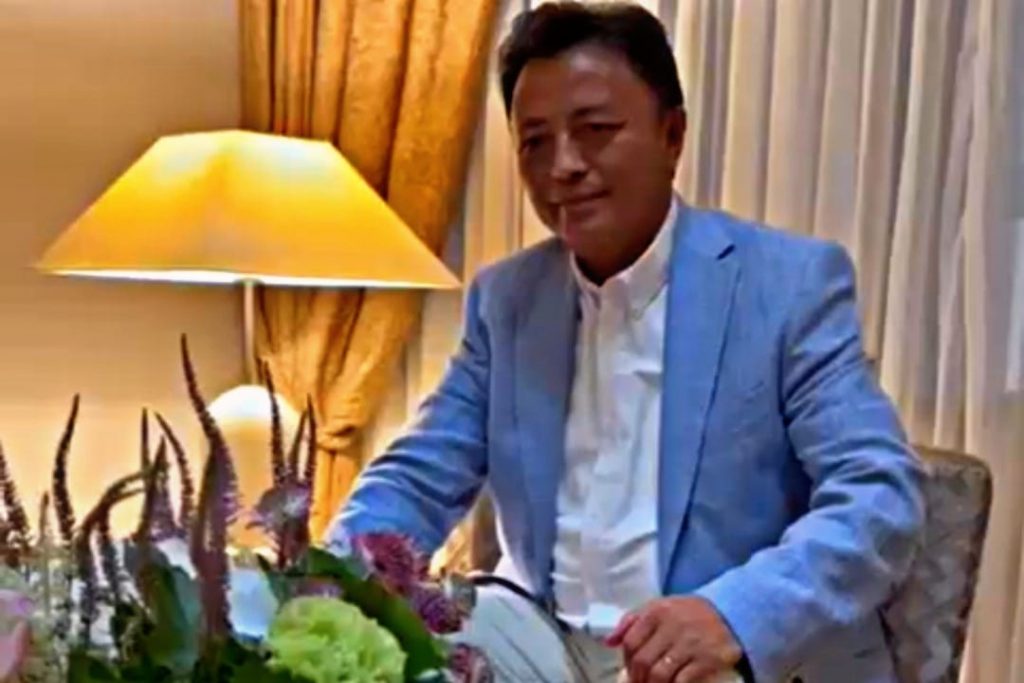
The most significant political challenge of Marc Ravalomanana presidency came in 2009, when a political crisis erupted that ultimately led to his ouster. The crisis began with widespread protests against his administration, fueled by dissatisfaction with his governance and allegations of corruption. The opposition, led by then-mayor of Antananarivo, Andry Rajoelina, accused Ravalomanana of abusing his power and undermining democracy.
In early 2009, Rajoelina, with the support of the military and parts of the population, launched a series of protests calling for Ravalomanana’s resignation. The protests escalated into violent clashes, and by March 2009, Ravalomanana’s authority was seriously undermined. The military, which had been a key supporter of Ravalomanana during his early presidency, turned against him and backed Rajoelina. In response, Ravalomanana fled the country in a dramatic departure, and Rajoelina assumed power as the new leader of Madagascar.
Marc Ravalomanana ousting was widely condemned by the international community, with many countries and organizations questioning the legality of the coup and the manner in which he was removed from office. Ravalomanana went into exile in South Africa, where he remained for several years. Despite attempts to return to power, Ravalomanana’s political career was significantly diminished by the coup.
Return to Madagascar and Political Involvement
Marc Ravalomanana returned to Madagascar in 2014, after five years in exile. His return was marked by a mixed reception, as his supporters welcomed him back, while his political rivals expressed concern about his potential to disrupt the fragile political stability that had been achieved after his ouster. Since his return, Ravalomanana has remained an active figure in Malagasy politics, though he has struggled to regain the level of influence he once had.
Marc Ravalomanana political involvement has been marked by attempts to challenge the leadership of his former rival, Andry Rajoelina, and to restore his political reputation. In 2018, he ran for president once again, but was defeated by the incumbent, Hery Rajaonarimampianina. Despite the defeat, Marc Ravalomanana presence in Malagasy politics remains significant, and he continues to be a key player in the country’s political landscape.
Marc Ravalomanana’s Legacy: Triumphs and Failures
Marc Ravalomanana’s legacy is a complex one. On the one hand, he presided over a period of significant economic growth and infrastructure development in Madagascar. His efforts to modernize the country’s economy, improve infrastructure, and attract foreign investment left a lasting impact on the nation. However, his presidency was also marked by political authoritarianism, allegations of corruption, and the eventual downfall caused by the 2009 coup.
Marc Ravalomanana contributions to Madagascar’s development cannot be denied, but his leadership style, which became increasingly centralized and autocratic, left many questions about his commitment to democratic values. His ouster in 2009 and his ongoing political battles have shaped the political landscape of Madagascar for years to come.

